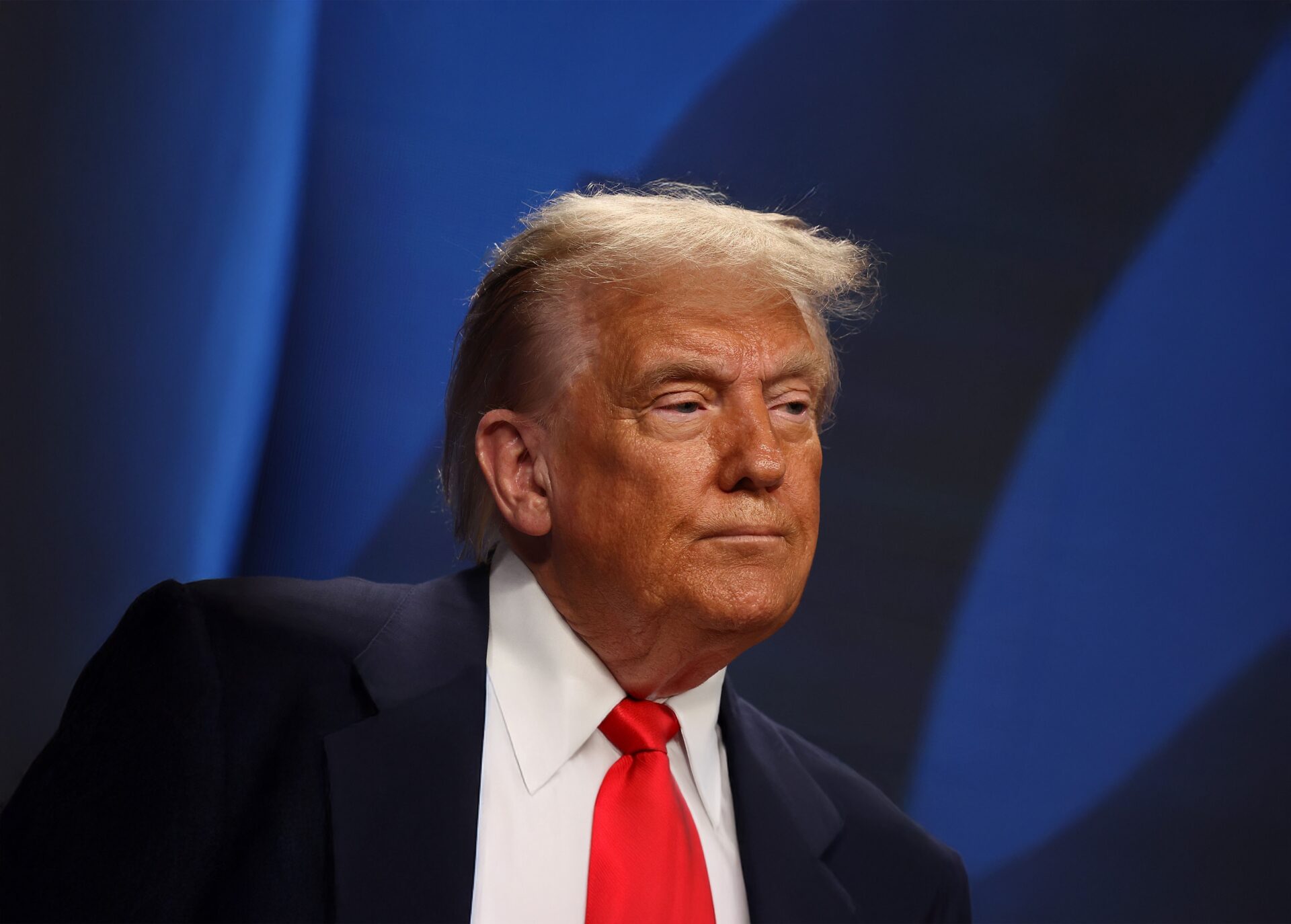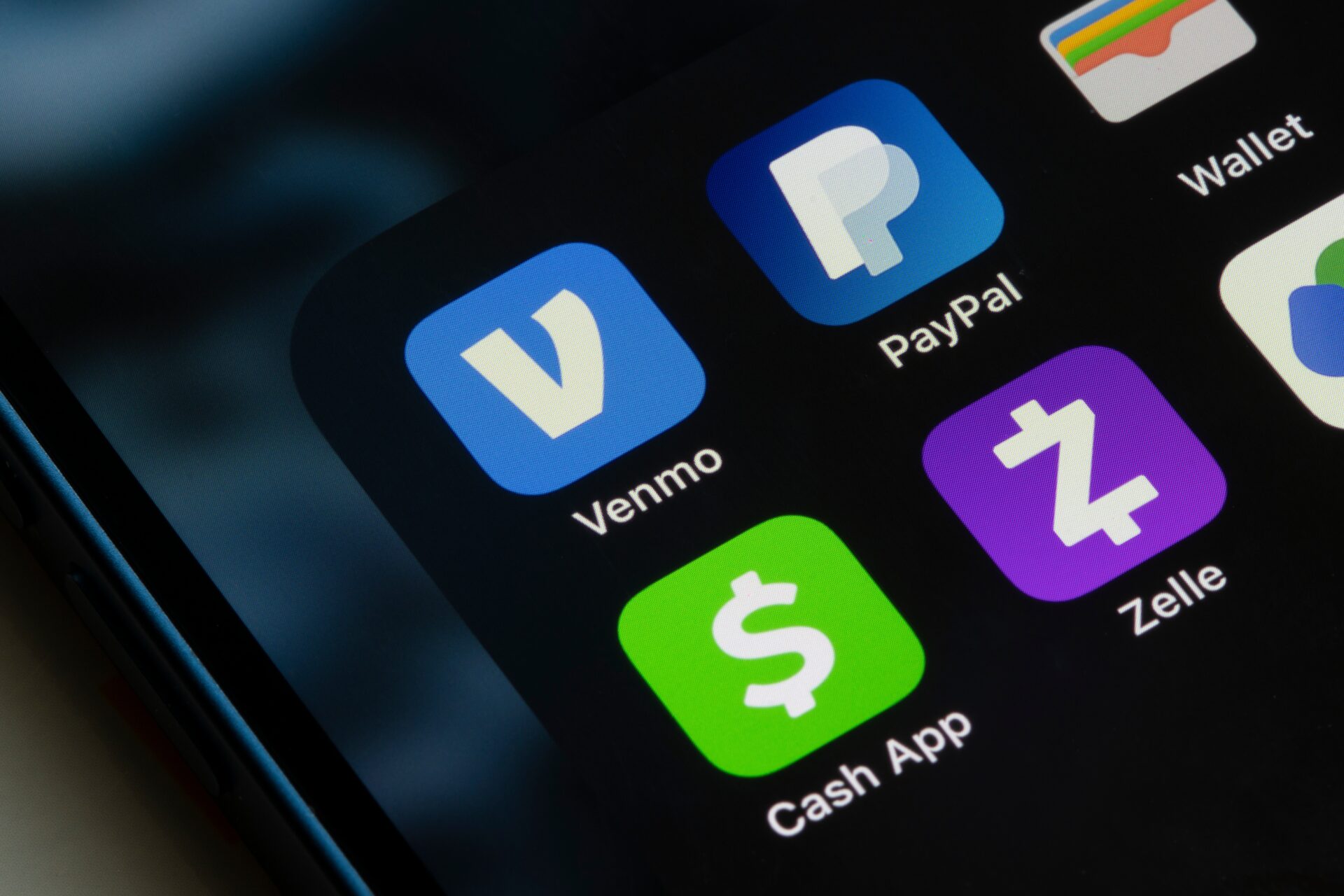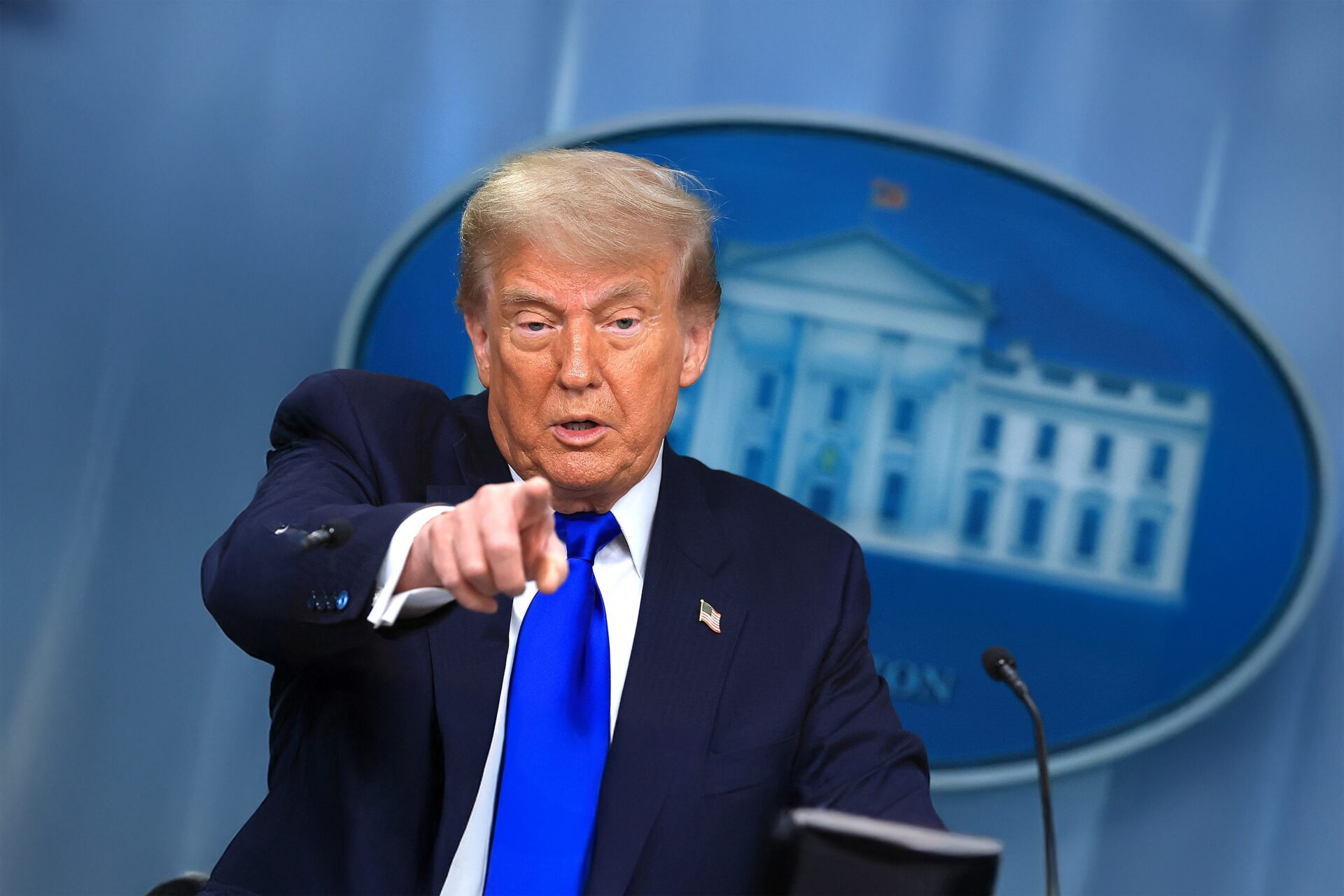
Trump Seeks Maxwell Meeting Amid EPSTEIN FALLOUT!
The DOJ has arranged a meeting with Ghislaine Maxwell amid rising pressure from Trump’s allies, escalating concerns over unanswered questions in the Epstein scandal.
At a Glance
- DOJ Deputy AG Todd Blanche plans to meet Ghislaine Maxwell in federal prison as part of the Epstein inquiry.
- Trump publicly endorsed the meeting, saying it “sounds appropriate,” though he claimed limited involvement.
- Maxwell’s counsel confirmed cooperation and pledged truthful testimony.
- Federal judges overseeing unsealing grand jury records have pressed DOJ for follow-up documentation.
DOJ Moves to Meet Maxwell
Earlier today, the Department of Justice announced that Deputy Attorney General Todd Blanche—known for his role in Trump’s 2024 legal team—will meet with imprisoned Epstein associate Ghislaine Maxwell, who was sentenced to 20 years in 2022 for sex trafficking conspiracy. The announcement followed a directive from President Trump to “release all credible evidence” in the Epstein case. According to DOJ statements, this marks the first time the department has formally sought Maxwell’s cooperation since her conviction.
Blanche emphasized that the statement issued by DOJ and FBI on July 6, stating no additional evidence had been found implicating other individuals, “remains as accurate today.” Nonetheless, the decision to interview Maxwell suggests the department is leaving no stone unturned—a key development in the hunt for any remaining leads.
Watch: DOJ seeks potential meeting with Ghislaine Maxwell amid Epstein pressure
Political Reaction and Legal Context
President Trump described the move as “appropriate” but said he did not initiate it, claiming he “didn’t know that they were going to do it.” His remarks reflect efforts to balance his base’s calls for transparency with a distancing from DOJ techniques. Maxwell’s legal team has agreed to cooperate; her attorney assured that she “will always testify truthfully,” signaling a full willingness to engage in the process.
Meanwhile, two federal judges—Richard Berman and Paul Engelmayer—have demanded additional DOJ documentation by July 29 to justify unsealing grand jury transcripts tied to the Epstein and Maxwell cases, arguing that the public interest in transparency must be weighed carefully against legal confidentiality standards.
Implications and Fallout
This development carries potential implications across several fronts:
- Investigative Depth: Maxwell remains the only person directly sentenced in connection with Epstein’s operations; her cooperation could unlock new names or practices hidden in old evidence.
- Political Leverage: Trump and DOJ leaders face mounting pressure—especially from Republican lawmakers—to disclose any information that could implicate high-profile individuals, raising expectations of explosive revelations.
- Legal Hurdles: Judge orders signal intense scrutiny over DOJ’s transparency push; any unsealed evidence must satisfy stringent legal tests and respect grand jury secrecy rules.
- Public Perception: The interview has been labelled a test of DOJ’s independence. With critics pointing to the administration’s ties to Blanche, anti-DOJ voices are waiting to see how much of Maxwell’s testimony becomes public.
In short, the DOJ’s decision to meet Maxwell demonstrates a pivot toward aggressive information gathering in the Epstein saga. That shift could reshape political narratives and judicial proceedings alike—making this follow-up meeting a critical moment in a case long driven by secrecy and speculation.


